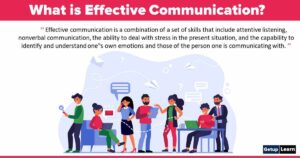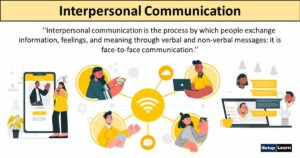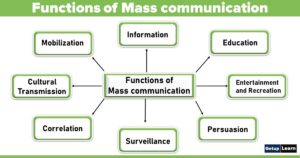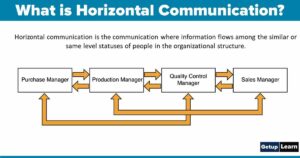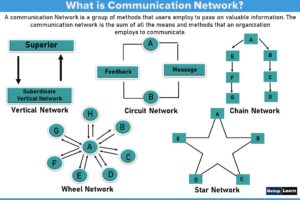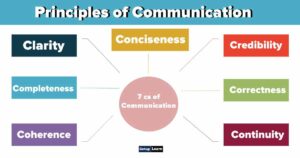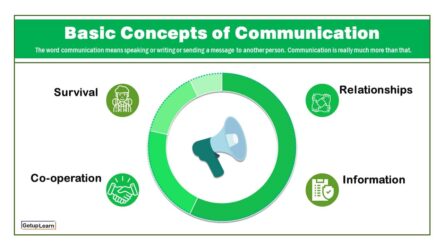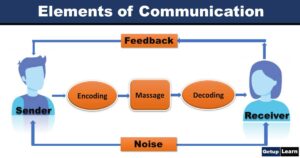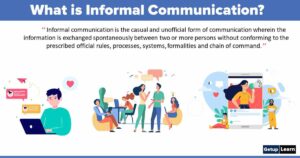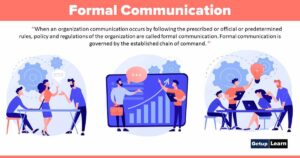Table of Contents
How to Overcome the Barriers to Communication?
Generally speaking, the greater the communication skill on the part of the management, the fewer barriers there will be, blocking the communication channels. Some of the ways through which the barriers to communication may be overcome are:
- Regulating Flow of Information
- Ensuring an Effective Feedback
- Simplifying Language
- Developing Listening Skills
- Keeping Emotions under Check
- Watching and Taking Advantage of Non-verbal Cues
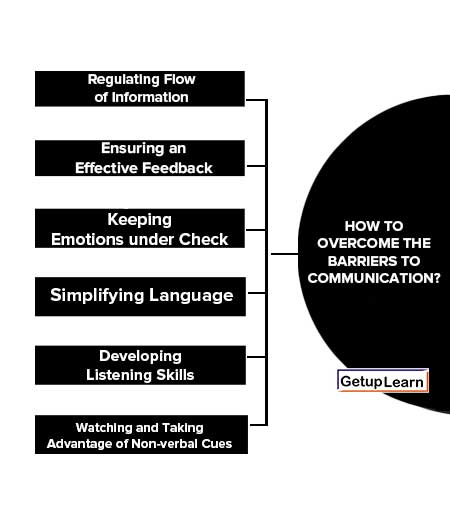
Regulating Flow of Information
All incoming communications must be condensed and edited. They must be attended to in order of their merit. This will ensure that no critical communiqué or information is overlooked or even ignored.
Ensuring an Effective Feedback
Feedback is essential to ensure that the receiver has received the message and understands it in the same sense as the sense wants. It need not be verbal or in writing. Even actions and behavior when watched would speak louder than spoken or written words.
Simplifying Language
One of the ways of overcoming the barrier to communication is simplifying the language and even using a repetitive one with which the receiver is at ease. All technical words and multi-syllable words should be avoided in communication.
There must be clarity in communication as well. If the communicator is not clear about what he wants to communicate, mere simplification of language will not serve any purpose.
Developing Listening Skills
Poor listening on the part of managers often acts as a barrier to communication. Many managers are poor listeners. Listening is not mere hearing. It is an active and intellectual process. It needs a lot of empathy from the listener, who must be sensitive to the other party’s needs, feelings, and perceptions.
When the sender of the message steps into the receiver’s shoes and looks at the problem through his eyes, communication will become automatically effective. The points to be remembered to be an effective listener are stopping talking, putting the talker at ease, showing the talker that you want to listen to him, removing distractions, being patient, holding the temper, going easy on arguments and criticism, and asking questions.
Keeping Emotions under Check
The communicator should never communicate anything to anyone when he is emotionally upset and his thoughts are clouded and distorted. Communication should be sent only after the communicator has regained his composure and calmness.
This principle is honored more in the breach than in the observance. One should not act in haste and repent at leisure. One should not allow his emotions to rule while communicating.
Watching and Taking Advantage of Non-verbal Cues
This is possible only in the case of oral communication or face-to-face communication. In most cases, the eyes of the listener will speak volumes about his reaction to the message or suggestion. Accordingly, the communicator, can adjust his message or draw appropriate conclusions.
FAQs about How to Overcome the Barriers to Communication?
How to Overcome the Barriers to Communication?
These are the following points which help you overcome the barriers to communication:
1. Regulating Flow of Information
2. Ensuring an Effective Feedback
3. Simplifying Language
4. Developing Listening Skills
5. Keeping Emotions under Check
6. Watching and Taking Advantage of Non-verbal Cues.


